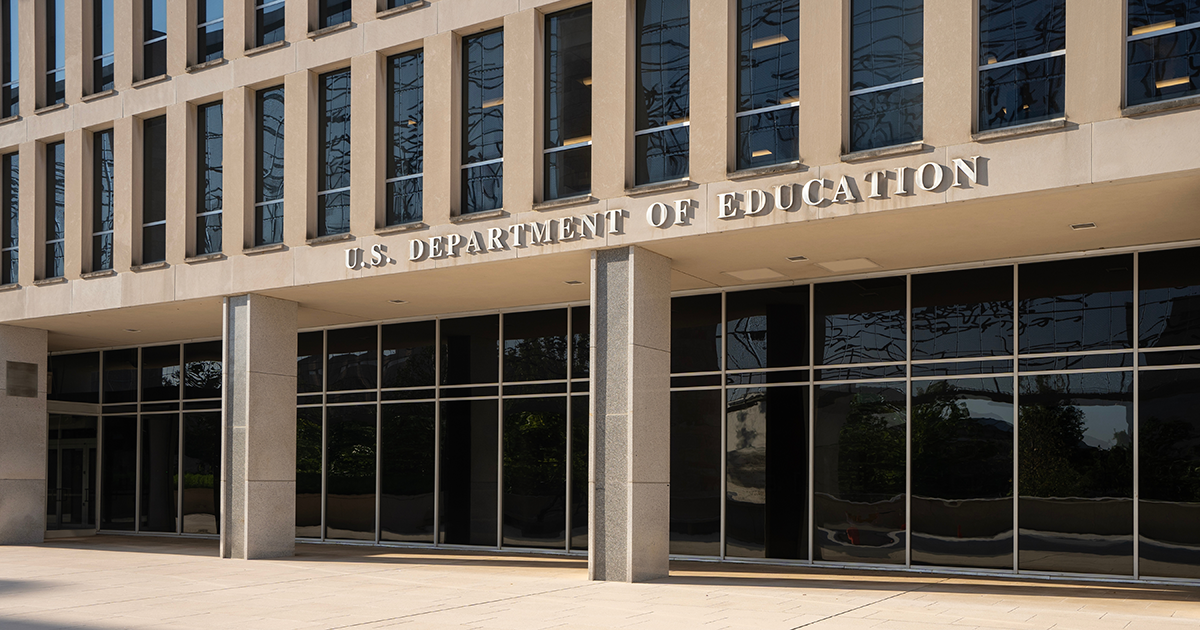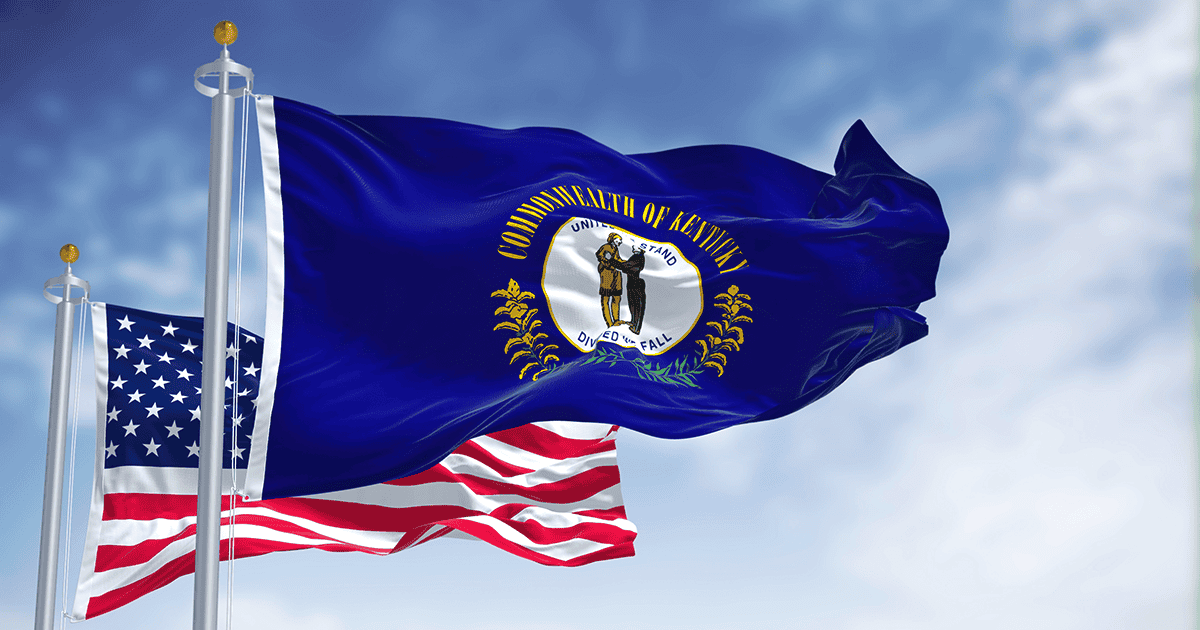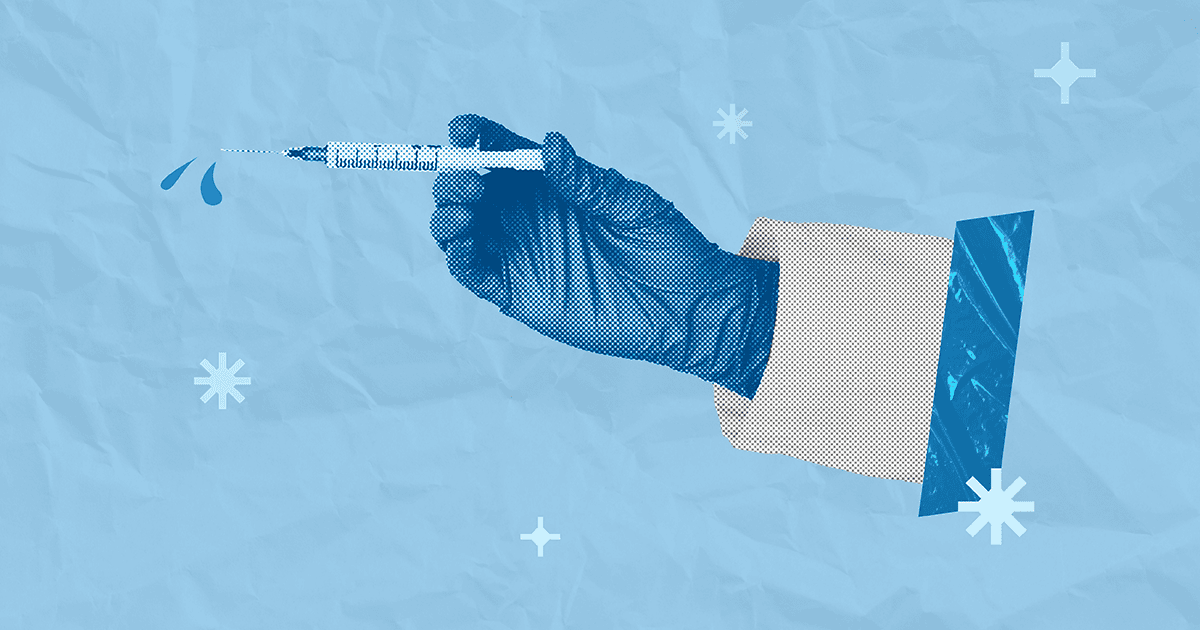Due to President Trump’s executive order yesterday, operations are frozen for the National Institutes of Health (NIH), Food and Drug Administration (FDA), and Centers for Disease Control and Prevention (CDC). The results of this action include the cancellation of grant reviews and council meetings, at-will NIH leadership put under review for dismissal, programs being removed from the NIH website, NIH officers being placed on indefinite administrative leave, restoration of Schedule F to convert project officers into political appointees, and the freezing of all new awards, even if previously approved by council.
The NIH is the leading research entity in the world. NIH-funded research supports nearly 50,000 competitive research grants and 300,000 scientists and research personnel at more than 2,500 universities, medical schools, and other research institutions across the nation.
Housed within the NIH is the National Institute on Deafness and Other Communication Disorders (NIDCD). The NIDCD supports research in inner ear protection, rescue, and regeneration, such as noise-induced hearing loss, ototoxicity and hair cell regeneration, and research on the central auditory system. In addition, NIDCD research on rehabilitative technologies and strategies leads to improved prevention, treatment, and management of hearing loss, tinnitus, and dizziness. The ripple effects of this could have long-lasting implications for patients and the profession of audiology.
While the challenges facing the NIH are pressing, we are equally concerned about the broader implications for other public health agencies affected by this executive order.
The Academy requests Congress take decisive action to safeguard this indispensable agency, ensuring that NIH, and especially NIDCD, remain undiminished.
The Academy asks you to contact your representatives and senators today to ask that they restore the NIH! Find your member of Congress
Recent Posts
Department of Education Comment Period Closes; Academy Submits Formal Comments on Professional Degree Proposal
The public comment period has officially closed on the U.S. Department of Education’s proposed regulations redefining “professional degree programs” for purposes of federal student aid….
Kentucky Legislature Considers Updates to Audiology Scope of Practice
The Academy recently submitted a letter to the Kentucky House Standing Committee on Licensing, Occupations, and Administrative Regulations regarding House Bill 444 (HB 444), legislation…
Vaccination of Older Adults in the United States
In the United States, this time of year tends to coincide with cold and flu season. As such, it seems timely for us to review…


